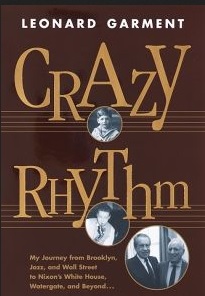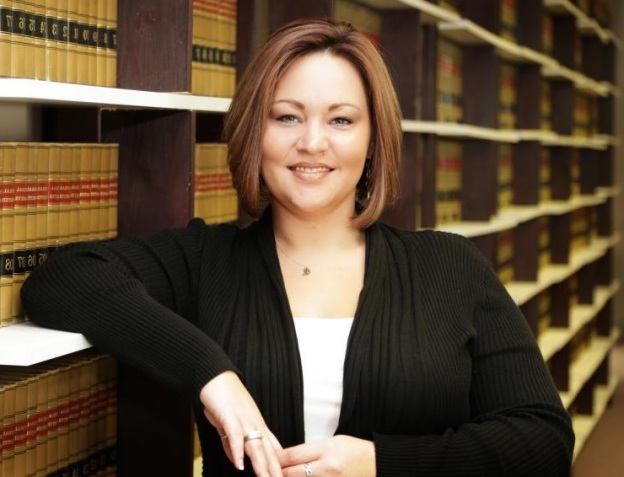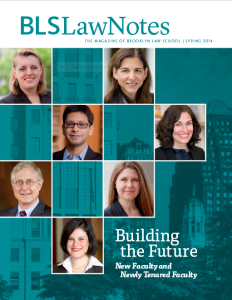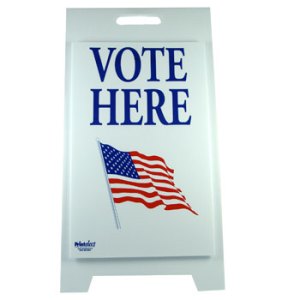The three legal research databases, Bloomberg Law, Lexis Advance and WestlawNext, are available to Brooklyn Law School students this summer. May 2016 graduates will have access to these databases for six months after graduation. See the details below:
 Bloomberg Law: Provides unlimited and unrestricted access over the summer. Student accounts will remain active and available all summer. Graduating students have continued access for six months after graduation.
Bloomberg Law: Provides unlimited and unrestricted access over the summer. Student accounts will remain active and available all summer. Graduating students have continued access for six months after graduation.
For questions, contact Maxwell Sivin, Law School Relationship Manager, msivin@bna.com, 646-494-5244.
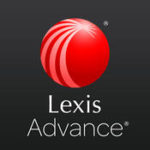 Lexis Advance: Students will have continuing access all summer for academic, professional, and non-profit research. All legal and news content will be available. Your law school ID will remain active all summer. Summer access begins on the date spring classes end through the beginning of fall classes.
Lexis Advance: Students will have continuing access all summer for academic, professional, and non-profit research. All legal and news content will be available. Your law school ID will remain active all summer. Summer access begins on the date spring classes end through the beginning of fall classes.
Please check with your summer employer as to their ID guidelines. Some employers may request you use a work ID instead of your student access ID for employer work.
May 2016 graduate have access to Lexis for six months after graduation.
For questions, contact Mary Beth Drain, LexisNexis Account Executive, marybeth.drain@lexisnexis.com, 845-598-3203.
 WestlawNext: Students must extend their passwords for the following academic uses:
WestlawNext: Students must extend their passwords for the following academic uses:
- Summer law school classes & study abroad programs
- Law Review and Journal, including writing competitions
- Research assistant
- Moot Court
- Unpaid internship/externship
Students with summer employment in law firms, corporations, government agencies and the like should not use their academic password for research and must use their firm issued password.
Students can complete the online summer extension form on the Westlaw homepage at www.lawschool.westlaw.com. Students will see a banner if they are a 1L or 2L that says “Using Westlaw in the Summertime?” Then, they should click on the banner and complete the online summer extension form to extend their Westlaw accounts.
Graduates will see an extension form that says “Grads, Want More Westlaw?” on the Westlaw law school homepage. Graduates can extend their student accounts by clicking on the banner form and then they will have their access extended through 11/30/16 (for six months after graduation).
For questions, contact Stefanie Efrati, West Academic Account Manager, stefanie.efrati@thomsonreuters.com, 212-548-7432.


